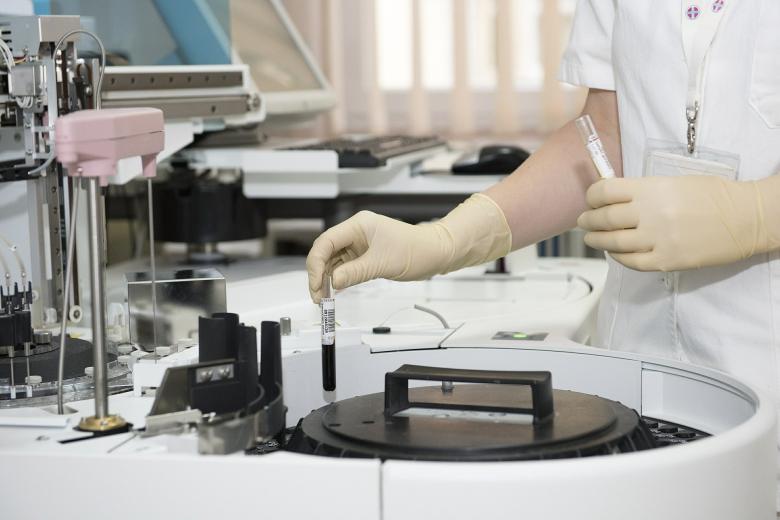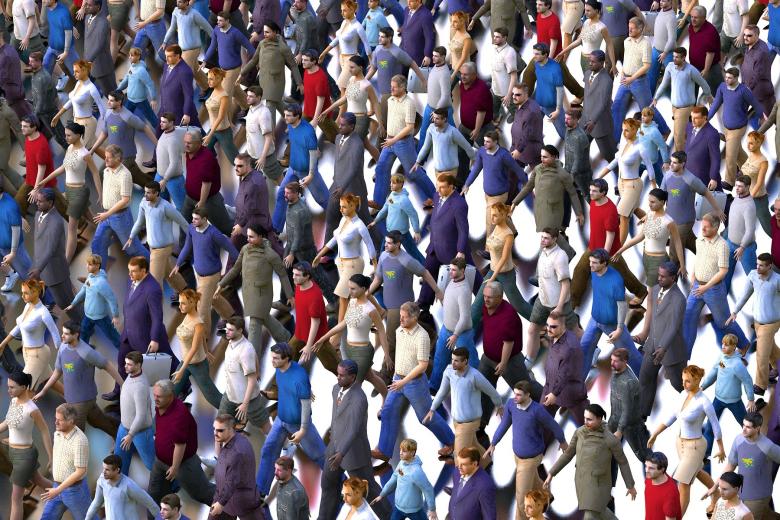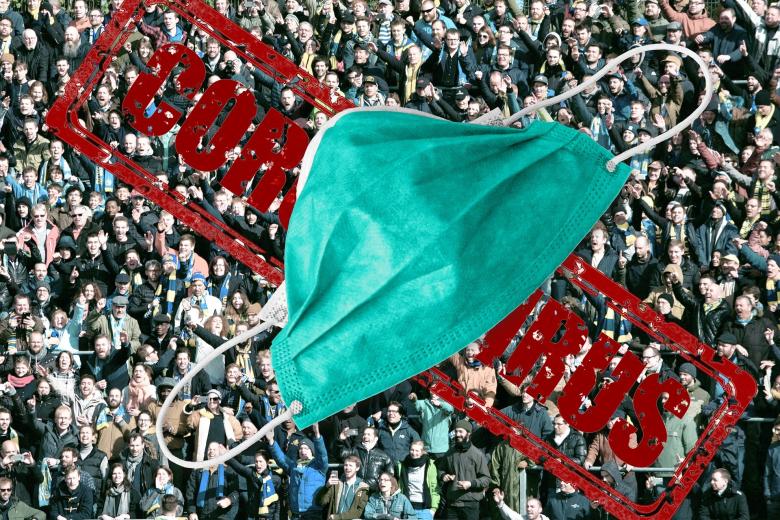The global COVID -19 crisis and protection of the rights of people with disabilities
It is a tough time for everyone during this current pandemic, but increasing reports worldwide indicate that marginalised groups, including people with disabilities, are suffering even more due to structural discrimination. When governments fail to secure the survival and dignity of people with disabilities, civil society organisations need to take a stand.
In her recent appeal, responding to the COVID-19 pandemic, the UN Special Rapporteur on the Rights of Persons with Disabilities – Ms Catalina Devandas Aguilar – expressed her deep concern that people with disabilities were not receiving adequate protection and support. ‘People with disabilities feel they have been left behind,’ she said, which is still a bitter reality for disabled communities everywhere.
The widely applied containment measures, such as social distancing and self-isolation, could impose great threats to persons with disabilities who count on the assistance of others for daily activities, such as eating, dressing and bathing. In an extreme case, the absence of social support led to the tragic death of a disabled boy in China. Public facilities, information sheets and announcements aimed at preventing the spread of the virus and protecting the public are often inaccessible to people with disabilities. Even more problematic is the prejudice experienced by people with underlying health issues. There are reports that hospitals are rationing treatment, for example, access to ventilators, based on factors such as age and disability. Many persons with disabilities have conveyed their anger, frustration and disappointment over this climate of ableism and ageism through various media channels: ‘taken together, the stark message to chronically sick, disabled people and elders is that we are “acceptable losses” or disposable.’
Today, 15% of the world’s population lives with a disability. Individuals with disabilities often lack equal opportunities in life, such as lack of access to education and employment, due to structural discrimination in societies, and the current crisis is highlighting those inequalities. Furthermore, disability is often related to poverty, and in Australia (and in other countries), some people with disabilities and their families are experiencing great economic hardship during the pandemic.
States are taking actions, but they are not sufficient. In some European countries, and in the United States and New Zealand, accessibility to information is being facilitated, with sign language interpreters being provided for major announcements related to the pandemic response. However, there is a general lack of support and funding for people with disabilities (and families), which is critical to their survival and integrity.
Disabled People’s Organisations (DPOs) are leading the way in protecting the rights of their communities. DPOs are representative organisations of persons with disabilities, the majority of which are composed of, and run by, persons with disabilities (and often their families and/or allies). The International Disability Alliance (IDA) and the European Disability Forum (EDF), two of the most notable DPO networks at international and European levels, have been advocating for the rights of people with disabilities towards governments, and collecting and publishing resources and policy recommendations regarding disability-inclusive responses to the current pandemic. For instance, many of the member DPOs of IDA and EDF have developed easy-read manuals and guidelines for carers to assist them during this pandemic. Organisations of parents of children with disabilities in China have worked with local communities to provide volunteer services to families who need groceries, and medical and mental support. A key message from DPOs everywhere is to urge all countries to stop discriminating and excluding persons with disabilities through measures and policies intended to respond to the pandemic. Any general measures taken need to consider the needs of people with disabilities, while any additional support provided should meet the varied needs of individuals with different types of impairments.
Discrimination based on disability is against the UN Convention on the Rights of Persons with Disabilities, which 181 countries have ratified. DPOs played a vital role in drafting the UN Convention, and they remain the strongest defenders of human rights for people with disabilities during this pandemic.
Almost seventy decades ago, when the Universal Declaration of Human Rights was adopted, human beings had just survived one catastrophe. As we face another crisis, we should recall the principles of universality, indivisibility and interdependence of human rights. We can, and should, do better in protecting the rights of all human beings.
| Written by Hanxu Liu.This article has benefited from comments by Dr Andrea Broderick. More blogs on Law Blogs Maastricht |
-
COVID-19 Technology Access Pool (C-TAP): a promising human rights approach
How do we guarantee access to COVID-19 vaccines and therapies, and secure health-related human rights for all? We’ve heard a string of promises in the race for new vaccines and therapies.

-
Human rights, disabled people and Inclusive citizenship: planning for and beyond the corona virus and other emergency situations
The Corona Virus crisis has led many people to reflect on aspects of citizenship and civil rights, ranging from personal privacy in the context of “corona apps” to the right to receive health care and medical treatment without discrimination. This blog examines two elements of citizenship which, in...

-
The right to health dimensions of COVID-19
It’s been almost a month since the COVID-19 pandemic has drastically changed the way we live and work. Now that we are more used to, in a manner of speaking, the extraordinary measures to curtail the rampant spread of the virus, it’s time to seriously consider, and openly discuss, this crisis’...
